
By Drew Dietsch
| Updated
Alien 3 was always going to have a steep hill to climb. The overwhelming success of Alienand Aliens loomed large over David Fincher’s theatrical debut. It also had to deal with the “third movie curse” and being the end of a perceived trilogy.
Unfortunately, the reception for Alien 3 from audiences and critics was inarguably chilly in 1992. And over the years, it’s remained one of the most controversial entries in the entire Alien franchise.
But, thanks to time and an unexpected new version of the film, Alien 3 has become one of the most fascinating and unfairly overlooked sci-fi/horror films of the last few decades.
How the Sci-Fi Sequel Fumbled At First
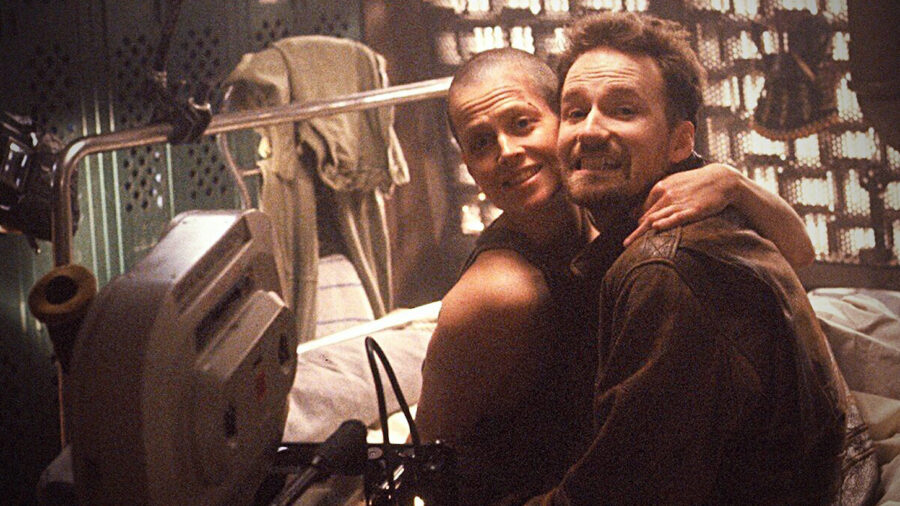
So much was working against Alien 3 before audiences saw a single frame of the movie. The conceptualization of the movie was a chaotic nightmare. Multiple versions of the movie never got off the ground, including one that would have set the movie on a wooden planet of monks. The film’s original director was fired shortly before production began, and first-time director David Fincher was under constant pressure due to extensive rewrites from the producers, rewrites that were happening while the movie was being shot. And that’s only the tip of Alien 3‘s iceberg of woes.
Even without knowledge of the movie’s behind-the-scenes problems, audiences were primed to be extra critical of Alien 3. The first film was a cultural smash hit, and the sequel managed to deliver an experience that satisfied both fans of the original and newcomers alike. This third entry was going to be heavily scrutinized no matter what it did.
What made it doubly difficult is that Alien 3 decided to be a downer movie. Kicking off the movie by killing two of the surviving characters from the previous film pulled the rug out from audiences in a really cruel way. And the movie continued to be antagonistic by being a dour, doom-laden story that culminated in the death of the series’ main character, Ellen Ripley.
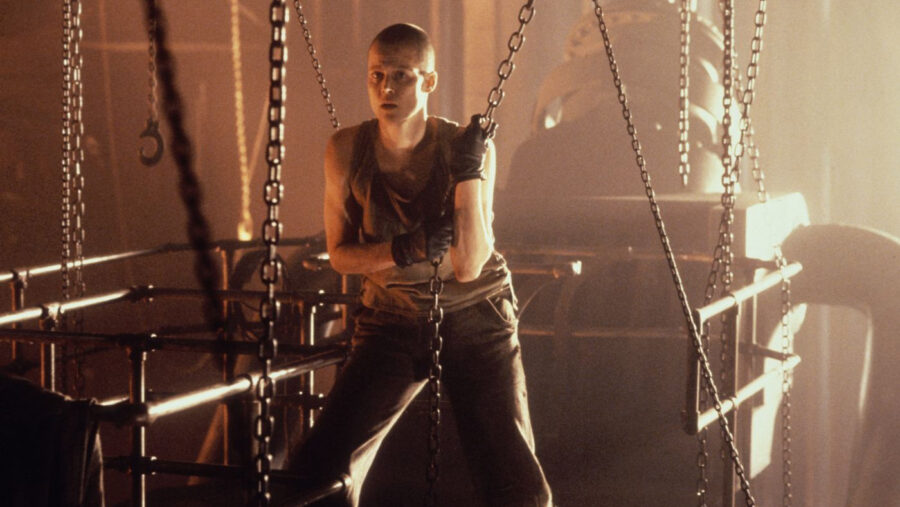
Add to that other factors like an ensemble cast mostly made of indistinguishable British white guys, a compromised final edit that removed entire plot points, and a grimy prison atmosphere that only enhanced the oppressive tone of the whole movie. So many factors primed audiences to be unable to click with Alien 3 on every surface level.
Though the film was a financial success, it paled in comparison to the gargantuan achievements of the prior films. Coupled with the primarily negative responses, Alien 3 was always looked upon as a failure in the grand scheme of the franchise.
Until one day, that started to change.
Why Alien 3 Has Finally Been Embraced
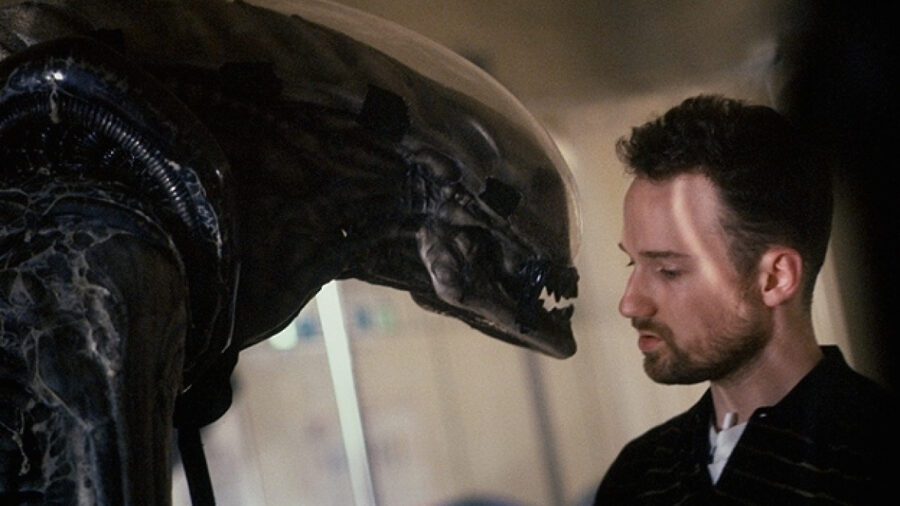
Alien 3 certainly had its defenders but they were objectively in the minority. That began to change when Alien 3 received a brand new release in 2003 as part of the Alien Quadrilogy DVD box set. Each of the first four films came with their theatrical cuts and alternate cuts. Dubbed the “Assembly Cut”, this new version of Alien 3 reinstated almost 40 minutes of unused or alternative footage that was not present in the original release.
This led to many fans reevaluating Alien 3 because this new version – the only alternate cut in the set that wasn’t supervised by its director – offered a somewhat less compromised look at the intention behind this third entry. And by offering a new version of the film for fans to check out, they ended up revisiting a movie they might have written off after only a single viewing.
Thanks to this new version, fans began to see how technically impressive a production Alien 3 was. And with David Fincher becoming a heralded talent in the filmmaking world, it was also a look back at how his approach and style developed. Even detractors of the movie are willing to admit that Alien 3 maintains the series’ legacy for impressive filmmaking.
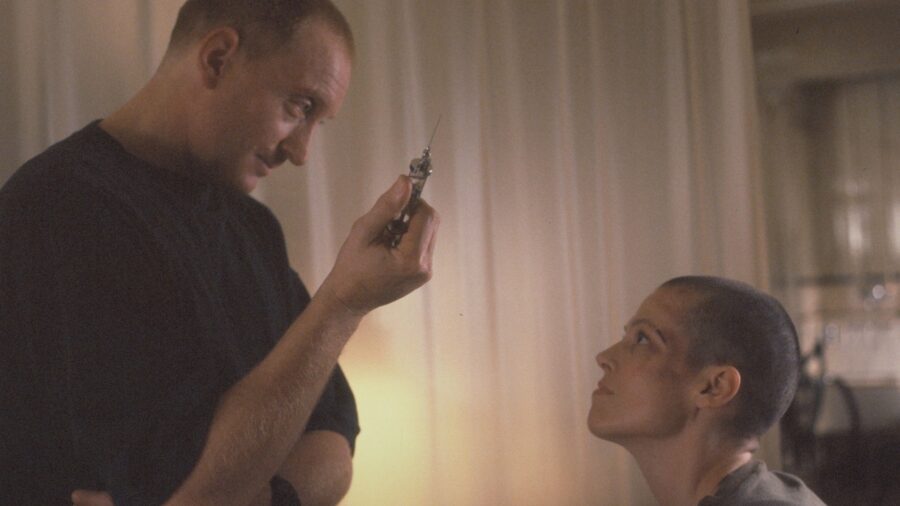
The Assembly Cut also helped flesh out the relationships between Ripley and some of the other characters. The romance that develops between Ripley and the doctor character played by Charles Dance is solidly executed, and his eventual death is effectively tragic. And Charles S. Dutton nearly runs away with the entire movie as the religious leader of the inmates.
There’s also a better sense of mood in the Assembly Cut by letting scenes sit for longer periods of time. If the bleak tone of Alien 3 turns you off, there’s no getting past that. But, if you can click in with what the movie is trying to achieve, the Assembly Cut offers a more cohesive and fully realized version of that vision.
Alien 3 will always manage to be a divisive film in the franchise. However, the release of the Assembly Cut – which has itself undergone new edits in subsequent home video releases – managed to showcase how misunderstood this movie was upon release. Speaking personally, I even find value in the original theatrical version of the movie. Yes, it’s an unavoidable bummer of a flick, but that’s its goal and it pulls that ethos off with strong performances and even stronger filmmaking.
Alien 3 deserves the cult following it’s managed to cultivate over the last decade. It’s a vastly different experience than any other movie in the series, and that alone makes it a unique project worth celebrating.
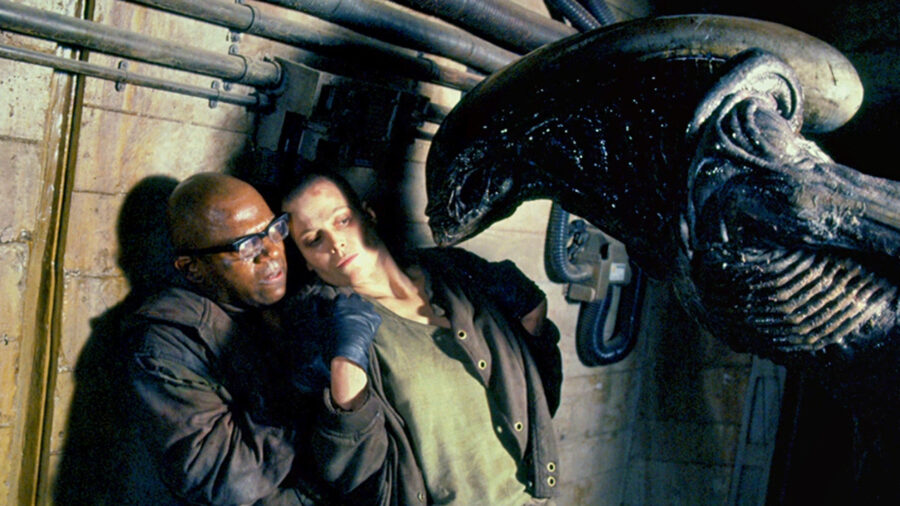

Leave a Reply